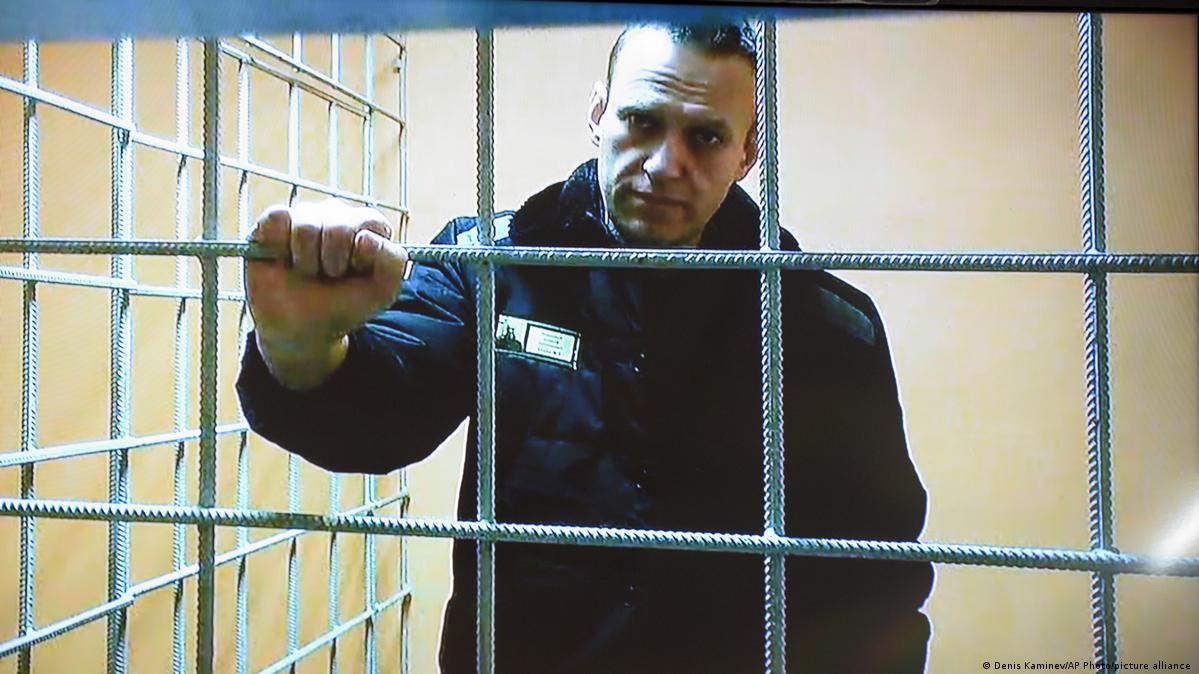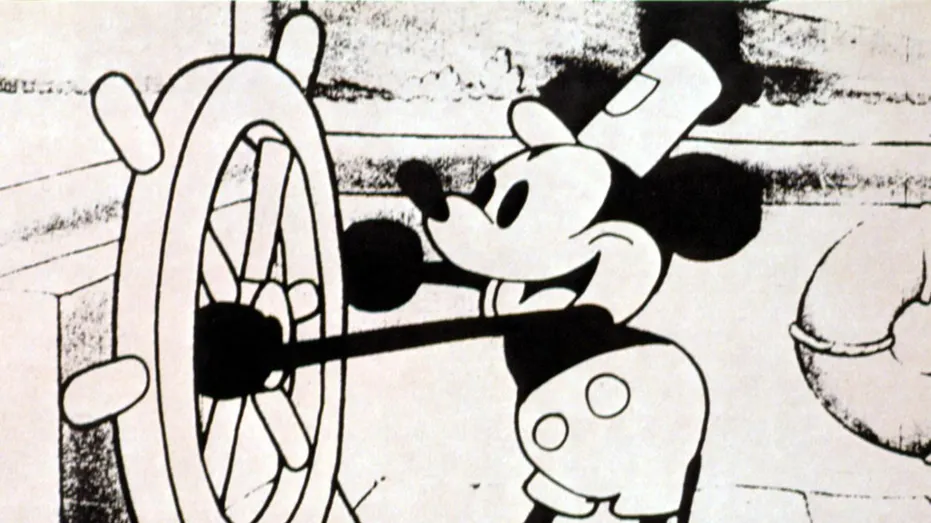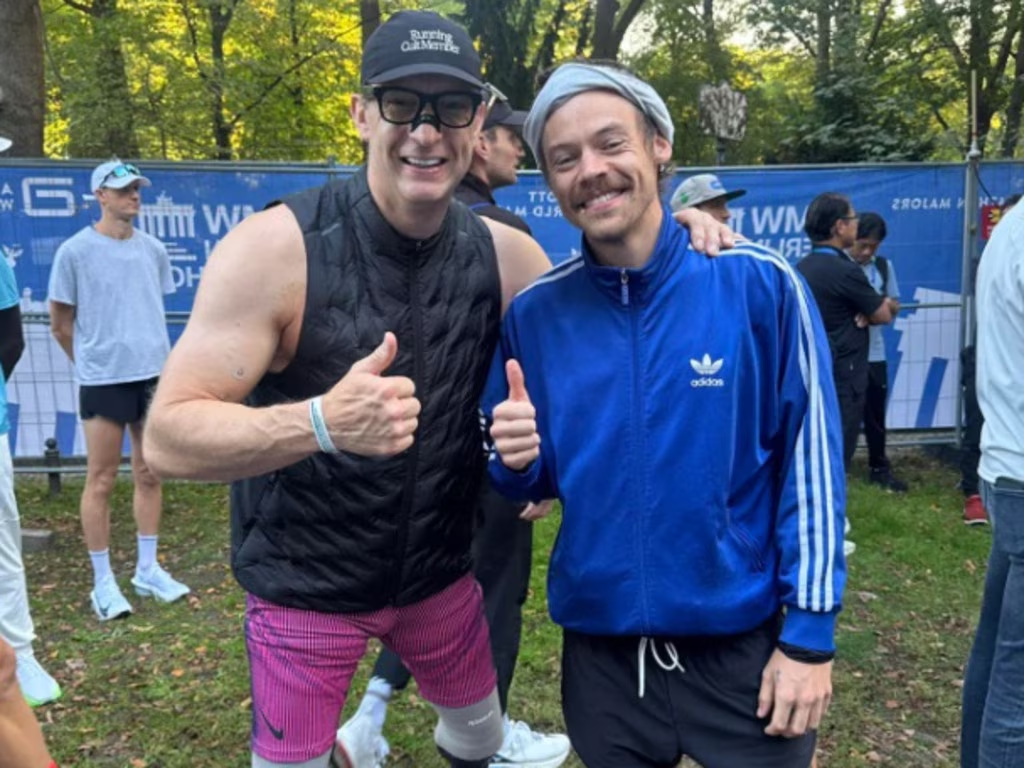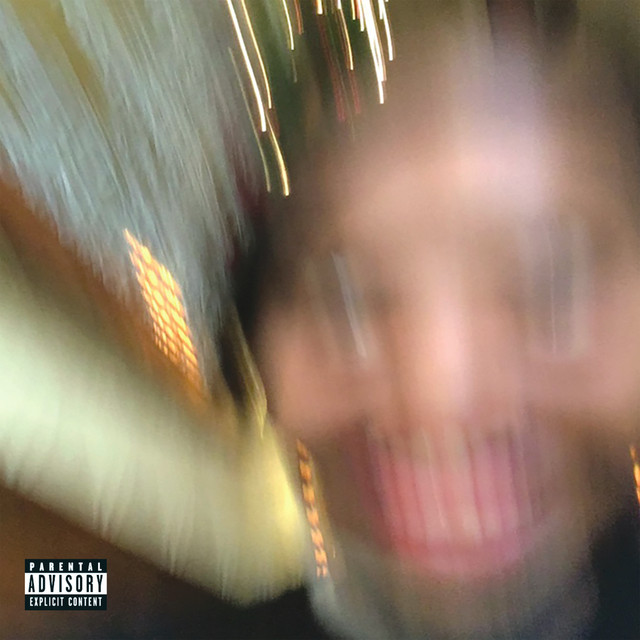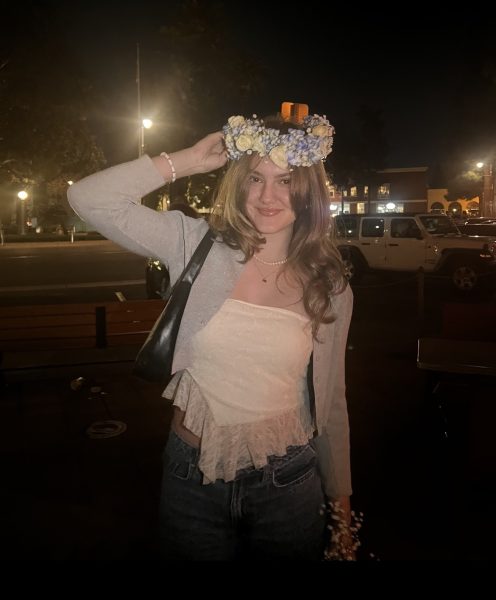They tell you not to take criticism personally, a piece of advice Putin doesn’t take.
They tell you to destroy your enemies by making them your friends, but Putin just kills them.
From plane crashes to mysteriously falling out of windows, from getting poisoned to being shot dead in the streets, Putin’s most outspoken rivals have all fallen victim to these perplexing circumstances. What a strange coincidence.
Alexei Navalny was an anti-corruption political activist in Russia and the Kremlin’s most significant opposition, and unsurprisingly, he was found dead on February 16th, 2024.
Navalny’s documentary was released in 2022 after Putin’s first murder attempt on Navalny and has become even more chilling to watch today after his death. The documentary conjured proof of Putin’s organization of these occurrences, disqualifying any doubt that he is the reason why Alexei Navalny, as well as his other critics, are now dead. Navalny’s documentary, although filmed before his death, seemed almost to foreshadow it.
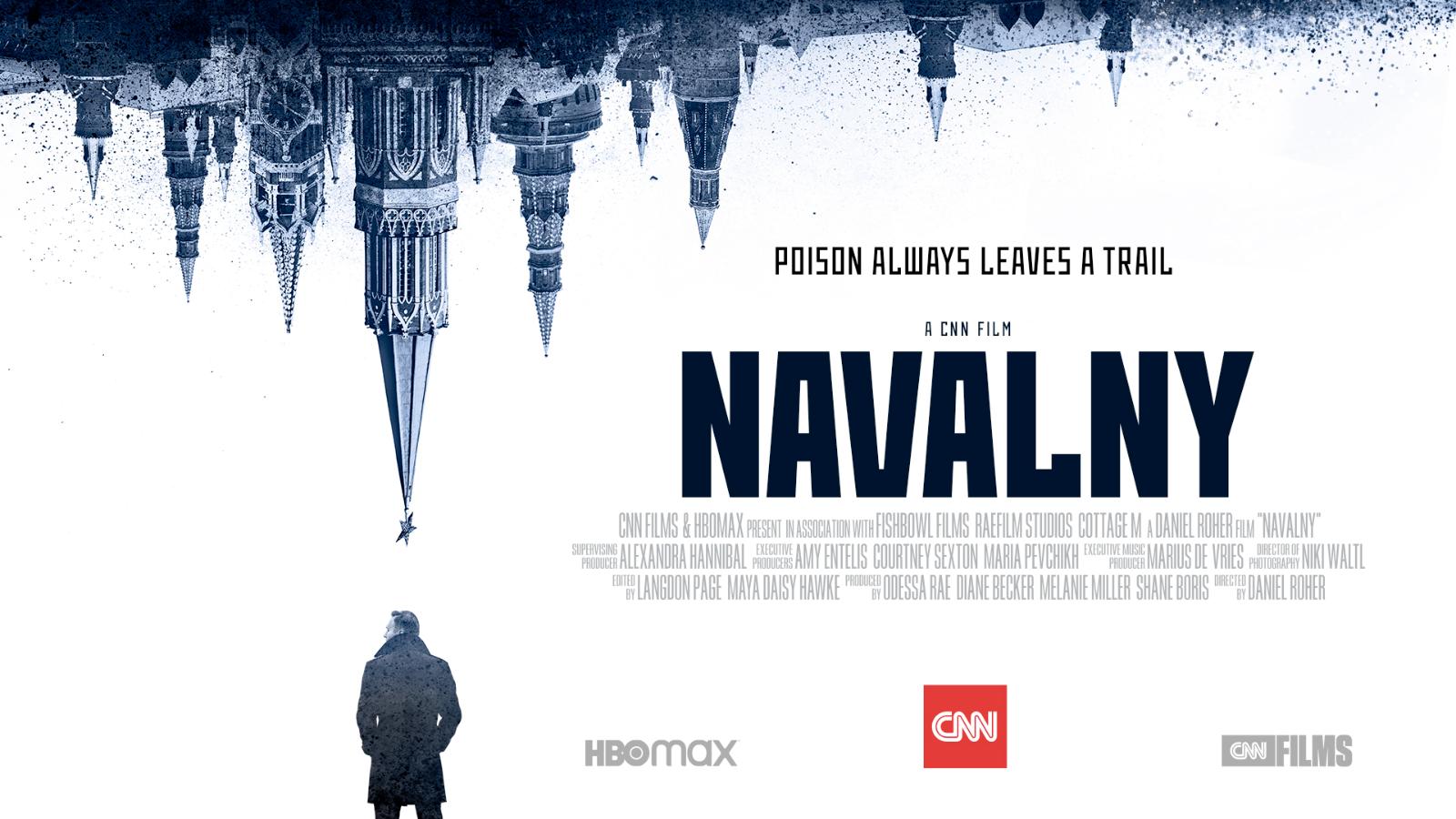
Navalny’s documentary begins with a recollection of his first near-death experience that ended with the uncovering of the truth about Putin and his killing team, the Federal Security Service (the FSB). In August 2020, Navalny boarded a plane from Tomsk to Moscow, where he fell extremely ill and began “crying out in agony.” the plane made a quick emergency landing in Omsk, and Navalny was treated and hospitalized in the City Clinical Emergency Hospital No. 1, preventing him from dying. The Russian media began to spread false claims to cover up the fact that Putin was behind Navalny’s poisoning, some of these being that he fell ill due to alcohol and others attributing it to a “poor diet.” Those who spoke up for Navalny in Russia were threatened, beaten, or arrested, and the hospital in Siberia refused to release him. It was later revealed that the hospital wanted to take this time to cleanse his body of the toxins from the poison to diminish any trace of Novichok, the highly toxic neuro-paralytic substance Putin used. Novichok was described as Putin leaving his “signature” on the crime scene.
The hospital members also lied and told the media that there was no trace of poison in Navalny’s system, but when he was transferred to Charite Hospital in Germany, their team’s tests reported that he was poisoned. Evidence that Putin and the FSB implemented Navalny’s poisoning was hard to attain because the poisoning was based in Russia. Still, the truth was slowly revealed when the incorporation of people from Bellingcat, The Insider, a Netherlands-based investigative journalism group, Der Spiegel of Germany, and CNN came together. Bellingcat members were able to link Novichok to its manufacturing house, which was the Signal Institute in Moscow, and their systems revealed the most probable suspects, including military scientists, medical doctors, and members of the FSB. They then tracked those suspects’ whereabouts and the flights they boarded, each in line with Navalny’s traveling routes, solidifying their hypothesis.
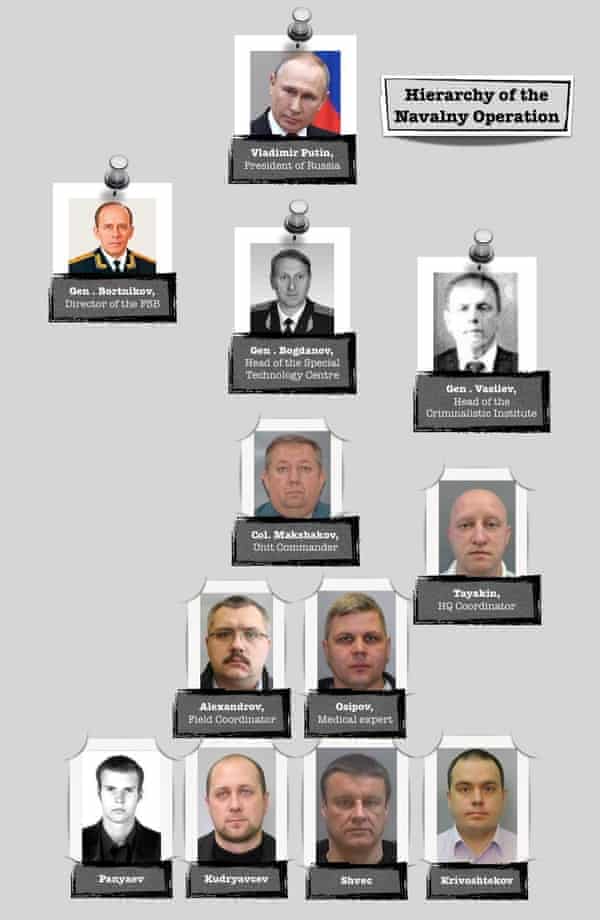
Now that Navalny and his team knew who was involved in his poisoning, they wanted to release this information to the public with unquestionable evidence, so Navalny decided to prank one of the Russian agents through a phone call and impersonate a high-ranking security official to trick him into revealing the Kremlin’s plot. It was a success; Konstantin Kudryavtsev spared no detail when answering this phone call, where he admitted that their team applied Novichok to Navalny’s underpants so that it would be absorbed into his skin easily and when confronted with the question of what went wrong in the operation, he responded by saying:
“Had it taken a bit longer, everything could have gone completely differently,” implying that if the plane hadn’t been so quick to land, their plan to kill Navalny would have been a success.
Kudryavtsev then admits that the transport police were the people who gave Putin’s team Navalny’s clothing.
To watch the full video of the call, click here:
https://youtu.be/AeQXc182r1A?si=uWN0V9aQr0NXhgRz
Navalny teamed up with several popular news channels and journalism groups to immediately release these videos to the public, which became a worldwide spectacle. Putin responded by saying, “If they [the Russian special services] had wanted to poison him fatally, they would have taken it to the end” to cover for himself.
Click here to watch the video:
https://youtu.be/5_Lk2BWfySw?si=
After full recovery from the poisoning instances, Navalny decided that it was his calling to return to Russia to put an end to Putin’s corruption.
“I don’t want Putin to be president,” he says, “I want to go back and try to change it.”
So, on January 17th, 2021, he returned to Russia, where thousands of people piled up near the airport he arrived at, where they were arrested in the process. As soon as Navalny lands and shows his documents, he is also immediately arrested for charges of extremism and transferred to one of the harshest prisons in Russia, located around the Arctic Circle.
“This is the highest possible level of isolation from the world, which is what it was all about,” Navalny’s chief strategist, Leonid Volkov, suggested.
Navalny had even admitted to the maltreatment and harassment he was facing in prison, and the prison officials stated that he had “fallen ill during a walk” when he was reported dead. Yet, it is received that Navalny was supposed to be freed under a humanitarian exchange with the involvement of US and German officials in December, but Putin “could not tolerate Navalny being free.” Navalny’s wife believes he was ordered to be killed by the Kremlin himself. More speculation arises as a video of Navalny the day before his death was released, where he seemed healthy and was even laughing, so dying the next day from circumstances other than murder or abuse is unlikely.
Click here to watch the video of Alexei Navalny’s final court appearance a day before Russia reported his death:
https://youtu.be/pUwOYeei5MU?si=kZsRZkQamgIzM2Qv
Navalny’s imprisonment and death have sparked widespread protests across Russia, and his team members continue his inspiring work. Alexei Navalny was a morally courageous and intelligently disobedient man who fought for what he believed in, no matter the expected dangers. He stood up to the Kremlin, a man who is not afraid to kill millions of people in his own country, and Navalny will forever be remembered as a hero to many Russians today who are a part of the fight against political corruption.
Navalny closes his documentary with an empowering message:
“If they decide to kill me, it means that we are incredibly strong,” urging the people of Russia to continue their fight against Putin’s corruption.

